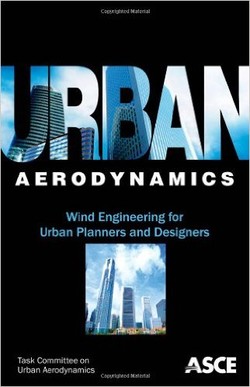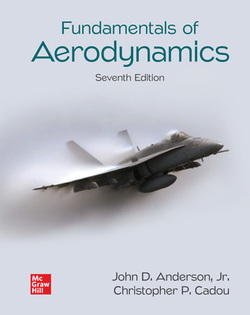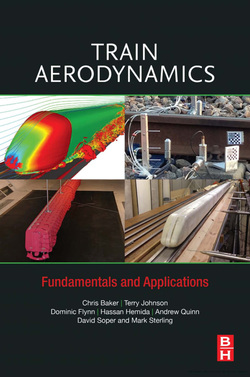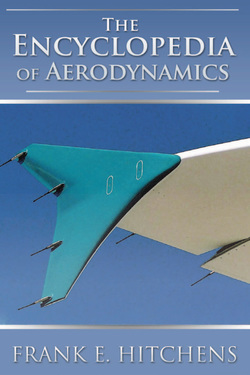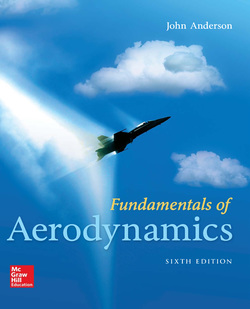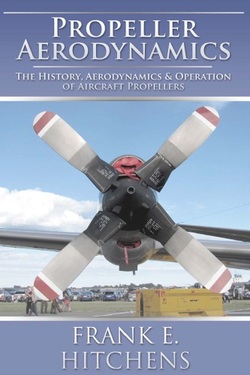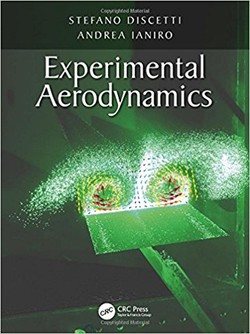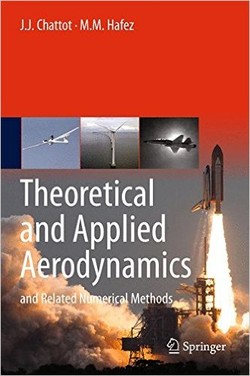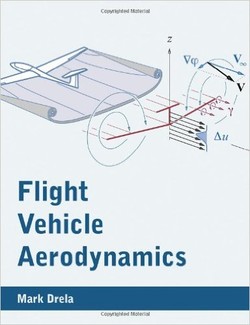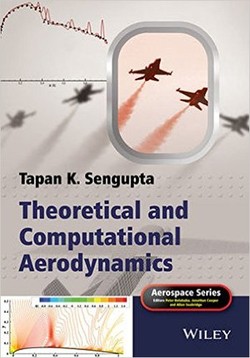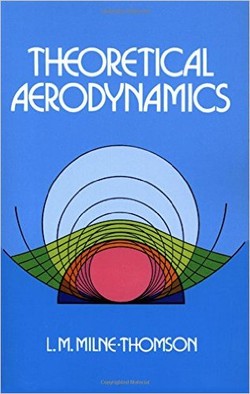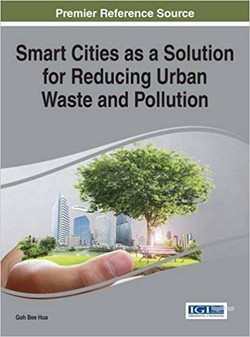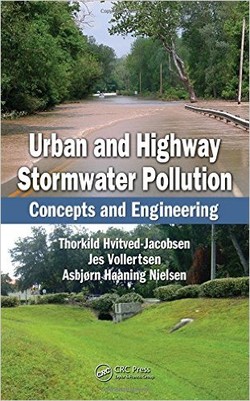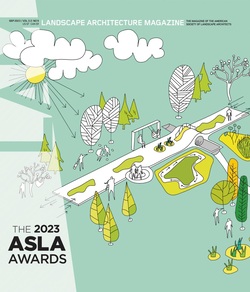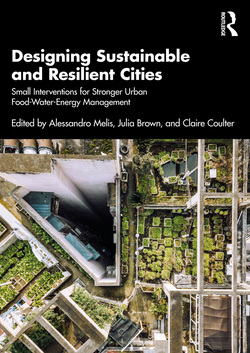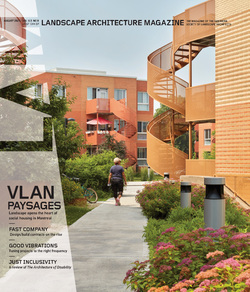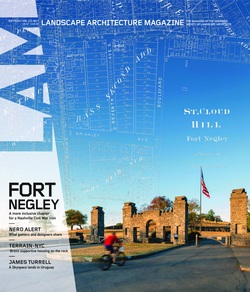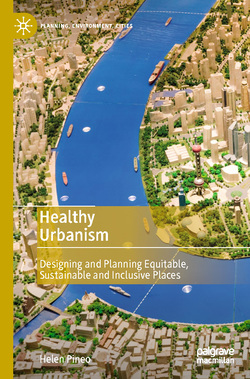آشنایی با اصول و مبانی آیرودینامیک شهری، مزایای بسیاری برای برنامهریزان و طراحان شهری، بهویژه فرصتی برای ترکیب تکنیکهای کمی در طراحی و فرآیند توسعه، ارائه میدهد.
کتاب “آیرودینامیک شهری” ابزارهای پایه و تکنولوژی مورد استفاده توسط مهندسان برای تعیین اثرات باد بر خیابانها و سازههای شهری را معرفی میکند.
این کتاب، سیر تاریخی تکنیکهای مهندسی باد را از ابتدا تا کاربرد امروز مطالعات تونل بادی لایه مرزی و ارزیابی دینامیک سیالات محاسباتی، بررسی میکند.
این کتاب یک منبع ضروری فشرده برای برنامهریزان شهری، طراحان شهری، معماران و مهندسین ساختمان و باد میباشد.
کتاب “آیرودینامیک شهری” ابزارهای پایه و تکنولوژی مورد استفاده توسط مهندسان برای تعیین اثرات باد بر خیابانها و سازههای شهری را معرفی میکند.
این کتاب، سیر تاریخی تکنیکهای مهندسی باد را از ابتدا تا کاربرد امروز مطالعات تونل بادی لایه مرزی و ارزیابی دینامیک سیالات محاسباتی، بررسی میکند.
این کتاب یک منبع ضروری فشرده برای برنامهریزان شهری، طراحان شهری، معماران و مهندسین ساختمان و باد میباشد.
سال انتشار: 2011 | تعداد صفحات: 76 | حجم فایل: 3.98 مگابایت | زبان: انگلیسی
Urban Aerodynamics: Wind Engineering for Urban Planners and Designers
نویسنده:
ASCE’s Task Committee on Urban Aerodynamics
ناشر:
Amer Society of Civil Engineers
ISBN10:
0784411794
ISBN13:
9780784411797
